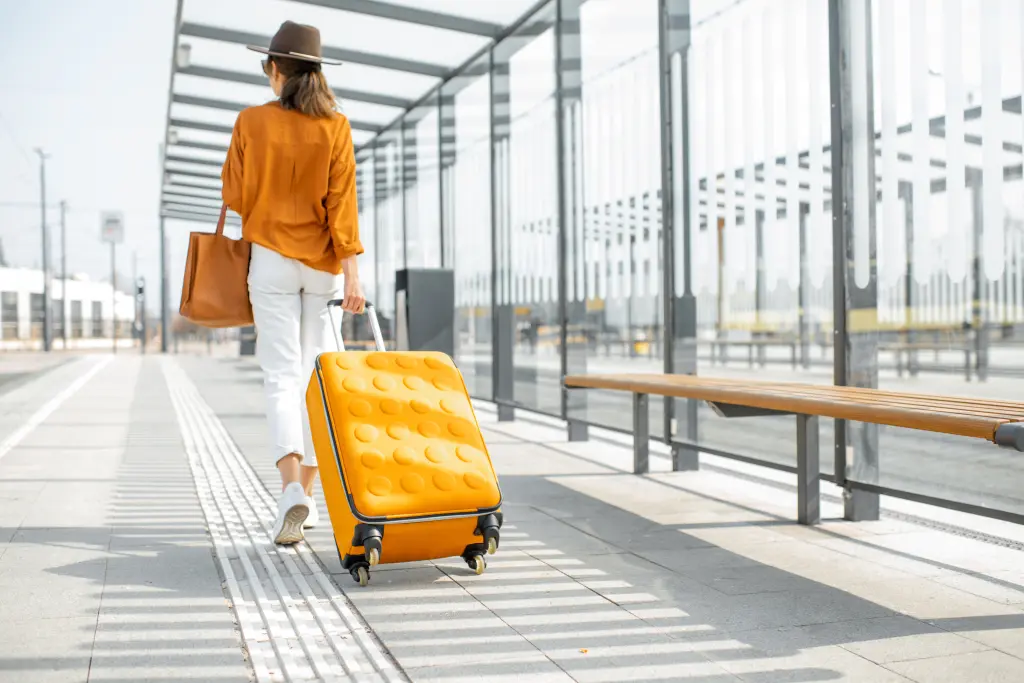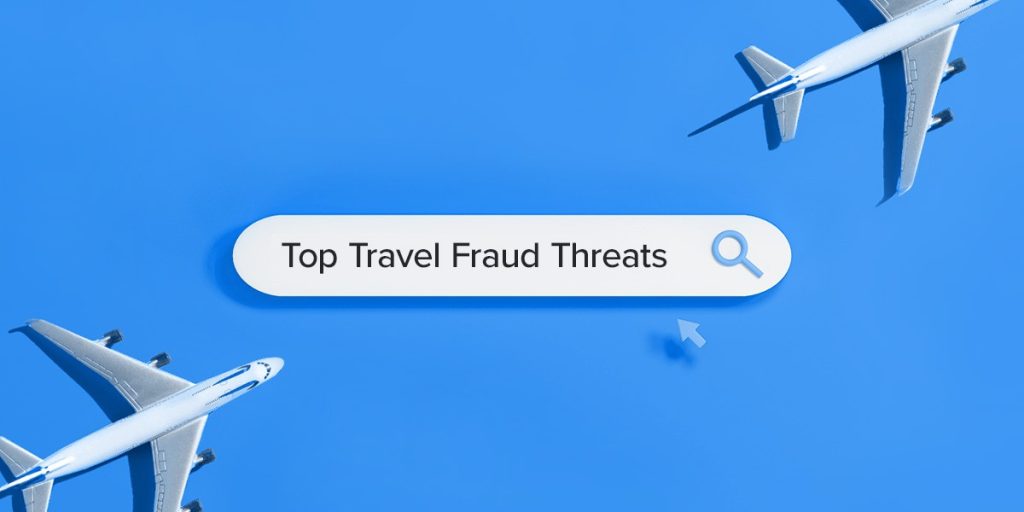What travel scams taught me about trust

Travel is often romanticized as an adventure full of unforgettable experiences, beautiful landscapes, and unexpected friendships. And while that’s often true, there’s another side to it that every traveler eventually encounters — scams. From overcharged taxi rides to elaborate tricks involving fake police officers, scams can catch even the most cautious travelers off guard. My encounters with travel scams didn’t just teach me to be more careful; they reshaped how I view trust — both in strangers and in myself.
1. The First Lesson: Appearances Can Be Deceiving

My first scam experience happened in a bustling European city. A friendly man approached me near a train station, offering to help with directions. His warm smile and confident tone made me trust him instantly. He led me to a nearby kiosk, insisted it was the “official” ticket counter, and helped me purchase a metro pass. Only later did I realize I had paid double the actual price — he and the kiosk owner were working together.
It wasn’t the money that stung the most; it was the realization that I had let my guard down so quickly. I assumed that friendliness equaled honesty. This experience opened my eyes to the fact that trust shouldn’t be given blindly, especially in unfamiliar environments where scammers thrive on first impressions.
2. Trust and Intuition: Learning to Listen to My Gut
After that first incident, I started paying more attention to my instincts. A few months later, while traveling in Southeast Asia, a tuk-tuk driver offered me a tour for an unbelievably cheap price. Something about his over-enthusiasm didn’t sit right with me. Instead of accepting right away, I politely declined. Later, I learned that the “cheap tour” was a common scam that led tourists to overpriced shops where drivers earned commissions.
This taught me that trust isn’t just about other people — it’s also about trusting yourself. My intuition had sent warning signals that I might have ignored before. By listening to my gut, I avoided being trapped in another scam.
3. Not Everyone Is Out to Get You
Interestingly, not every situation that seems suspicious turns out to be malicious. During a trip to Morocco, a young boy offered to show me a shortcut through the medina when I looked lost. My initial reaction was defensive — I was convinced he was leading me into a trap. But after a few turns, we emerged exactly where I needed to go. He refused money and simply ran off, smiling.
This moment reminded me that while scams exist, not everyone is trying to take advantage of you. If you become too guarded, you risk closing yourself off from genuine human kindness — one of the best parts of travel. Learning to distinguish between healthy caution and unnecessary suspicion became one of my biggest takeaways.
4. The Balance Between Openness and Awareness

Travel scams taught me to strike a balance between openness and skepticism. Complete distrust makes you miss out on meaningful interactions, while blind trust makes you vulnerable. I began to develop simple habits to maintain this balance:
- Verifying information twice — checking official prices online before accepting offers.
- Keeping control of my belongings — not handing over my passport or bags easily.
- Asking locals or hotel staff — when something sounded too good to be true.
- Taking a moment before agreeing — to avoid making decisions under pressure.
These small steps gave me confidence without hardening my heart.
5. Trust Is Earned, Not Assumed
Perhaps the most valuable lesson travel scams taught me is that trust is not something you hand out automatically — it’s something that should be earned through small, consistent signals. Over time, I became better at reading body language, noticing inconsistencies in stories, and spotting red flags.
Ironically, those same skills that I developed to avoid scams have improved my relationships in everyday life too. I became more observant and patient before trusting people, whether it’s in business, friendships, or daily interactions.
Conclusion: A Sharper Yet Softer Perspective
Being scammed while traveling can feel humiliating, but it doesn’t have to make you cynical. For me, these experiences became unexpected teachers. They showed me the importance of discernment, the value of intuition, and the beauty of genuine trust when it’s rightly placed.
Travel scams didn’t just make me a smarter traveler — they made me a wiser person. They taught me that trust is precious, and while it should be protected, it should also be shared with those who truly deserve it. The world is full of both tricksters and kind souls; learning to tell the difference is one of the greatest skills a traveler can develop.
